ACUMEN presents a unique opportunity for its clients to contribute to the achievement of the SDGs through the construction projects and operations. By aligning our practices with the SDGs, we can actively contribute to the global effort to eradicate poverty, protect the planet, and ensure prosperity for all. Our company integrates the SDGs into a sustainability strategy, aligning our practices with the specific goals that resonate with client’s values and business objectives. The following goals and indicators are relevant for the Acumen Construction and Real Estate Development.
Goal 7: Affordable and clean energy.
Goal 9: Industry, innovation and infrastructure.
Goal 11: Sustainable cities and communities.
Goal 13: Climate action.
Goal 16: Peace, justice and strong institutions.
Goal 17: Partnerships for the goals.
Together, let us embrace the Sustainable Development Goals and work towards a more sustainable and inclusive future. By taking action today, we can create a positive impact that will benefit generations to come.
The Environmental Dimension, a critical aspect of sustainability that holds immense importance for business’s operations and the construction industry. By understanding and addressing the environmental dimension, we can contribute to a more sustainable future and minimize the ecological impact of our client’s projects. The environmental dimension encompasses various key aspects, including climate change, biodiversity conservation, resource management, waste reduction, and pollution prevention. With us, our clients have a unique role in shaping the built environment and can make a significant difference in minimizing the environmental footprint of their operations. Acumen Construction and Real Estate Development explores and implement sustainable construction practices that prioritize energy efficiency, waste reduction, responsible sourcing, and pollution prevention. By doing so, we can not only encourage our clients to contribute to a healthier environment but also enhance their reputation and create long-term value for their business.
Social Dimension encompasses the ACUMEN’s commitment to social responsibility, ethical practices, and fostering inclusive and equitable environments. By prioritizing the Social Dimension, we can contribute to the well-being of our employees, clients, and the broader society. This dimension focuses on building strong relationships, promoting diversity and inclusion, and addressing social issues to create a positive and sustainable impact.
The Governance Dimension is a crucial element, as we strive to operate ethically, transparently, and in compliance with legal and regulatory requirements. It encompasses the ACUMEN’s governance structure, decision-making processes, and accountability mechanisms. By prioritizing the Governance Dimension, we can ensure effective leadership, responsible management practices, and strong corporate governance. Acumen Construction and Real Estate Development can embrace the Governance Dimension to establish a framework of integrity, transparency, and ethical conduct, ensuring sustainable and responsible business practices.
The digital and innovation landscape is rapidly evolving, presenting both challenges and good opportunities. Embracing digital technologies and fostering a culture of innovation is crucial for staying competitive in today’s fast-paced business environment. The Digital and Innovation Dimension encompasses the adoption of digital tools, technologies, and processes to enhance operational efficiency, improve project delivery, and drive continuous improvement. Here in Acumen Construction and Real Estate Development, we explore how our clients can harness the power of digitalization and innovation to transform their operations, deliver exceptional results, and stay ahead in the industry.
This dimension involves leveraging digital tools such as project management software, Building Information Modelling (BIM), virtual reality (VR) and augmented reality (AR) solutions, drones, and Internet of Things (IoT) devices. These technologies enable us to automate processes, enhance communication and collaboration, improve project planning and tracking, and streamline resource management. Additionally, data analytics and visualization tools provide valuable insights for informed decision-making, allowing companies to identify trends, mitigate risks, and optimize performance.
Innovation is a key component of the digital dimension, as ACUMEN are encouraged to embrace a culture of innovation within our client’s organizations. This involves exploring and adopting new approaches, techniques, and solutions to address industry challenges and drive continuous improvement. It may include implementing sustainable practices, adopting emerging construction techniques, exploring modular construction methods, or utilizing advanced materials and technologies. By embracing the digital and innovation dimension, Acumen Construction and Real Estate Development can help clients stay competitive, enhance project delivery, improve client satisfaction, and drive overall business success. It allows us to leverage technology and innovative practices to optimize operations, adapt to industry changes, and stay ahead of the curve in a rapidly evolving construction landscape.
Unleash the power of the German Quality infused with the visionary spirit of Saudi Arabia. Contact us today and let’s build the future together.
© 2025. Acumen Construction . All Rights Reserved.